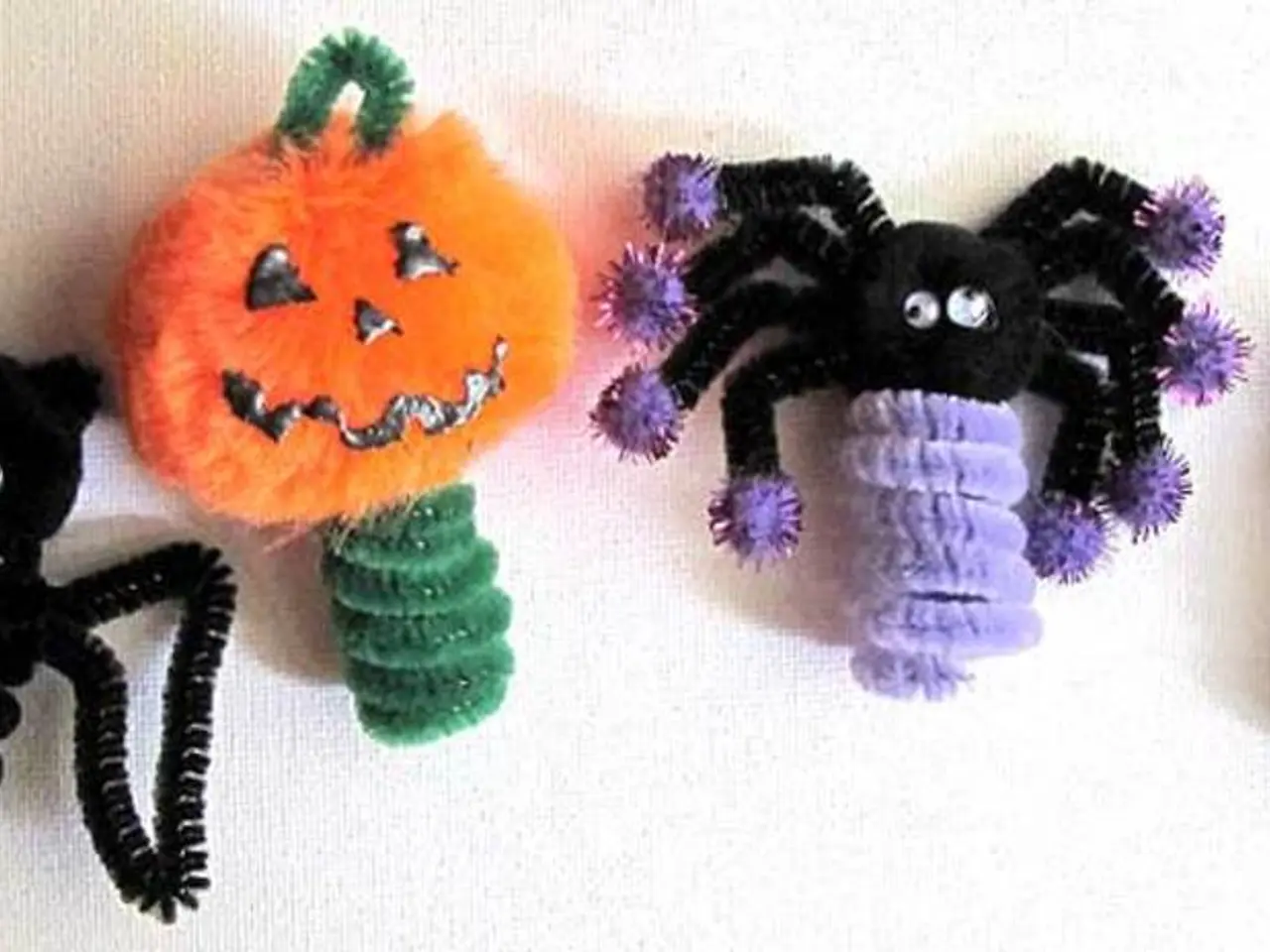Toy Costs Potentially Increasing in Autumn Due to Tariffs, According to Hasbro's Top Executive
In the ever-evolving landscape of international trade, toy giant Hasbro is feeling the heat as tariffs on Chinese goods and potential tariffs on Vietnamese imports continue to disrupt the industry.
The U.S.'s current tariffs on Chinese toys, reaching up to 145%, have significantly increased import costs, with a temporary rate of around 30%. This has squeezed margins for toy companies and retailers alike, as nearly 80% of toys sold in the U.S. are produced in China.
For Hasbro, historically a significant user of China for half of its U.S. toy production, these tariffs are estimated to cost the company up to $300 million annually, leading to aggressive restructuring measures such as layoffs (approximately 20% of its workforce) and a $1 billion cost-saving plan through 2027.
Supply chain disruptions and tariff stacking have forced companies to forward-ship goods during temporary tariff reliefs, but uncertainty persists, causing delayed shipments and stock shortages. As a result, toy prices have risen notably, with a 2.2% increase observed between April and May 2025, marking a record increase largely driven by tariffs on Chinese imports.
In an attempt to mitigate these pressures, Hasbro has diversified its manufacturing away from China, increasing production in the U.S., Vietnam, Turkey, and India. However, the U.S.'s proposed 20% tariffs on goods from Vietnam could further complicate this landscape by threatening to increase costs and toy prices in the near future.
Hasbro's CEO, Chris Cocks, has warned that such tariffs on Vietnam, combined with current Chinese tariffs, could push toy prices higher by late 2025, likely visible in retail from August through October due to typical production lead times.
To counter these challenges, Hasbro is reshaping its supply chains, cutting costs, and increasing domestic production, such as board games made in Massachusetts. The company is also pivoting towards digital gaming products as a higher-margin sector to offset tariff-related risks.
Smaller toy importers and independent retailers face even more acute challenges, with many forced to raise prices or absorb costs, risking revenue losses.
Despite these challenges, Hasbro remains optimistic about its games division, which relies less on overseas manufacturing. Iconic games like Play-Doh, Transformers, Candy Land, and Dungeons & Dragons continue to be produced by the company, with potential candidates for U.S.-based manufacturing including Play-Doh, due to its similarity to edible dough.
The costs of tariffs are ultimately borne by businesses working together, not by foreign countries, a claim disputed by Hasbro's CEO, Chris Cocks, in response to Commerce Secretary Howard Lutnick's assertion that foreign countries absorb tariff costs.
The escalating tariffs on Chinese toys and potential tariffs on Vietnamese imports have resulted in significant financial consequences for businesses like Hasbro, leading to aggressive cost-saving measures such as layoffs and increased import costs. The uncertainty in the industry, caused by supply chain disruptions and tariff stacking, is forcing companies like Hasbro to diversify their manufacturing and invest in digital gaming products, as a means of offsetting the risks associated with tariffs.




